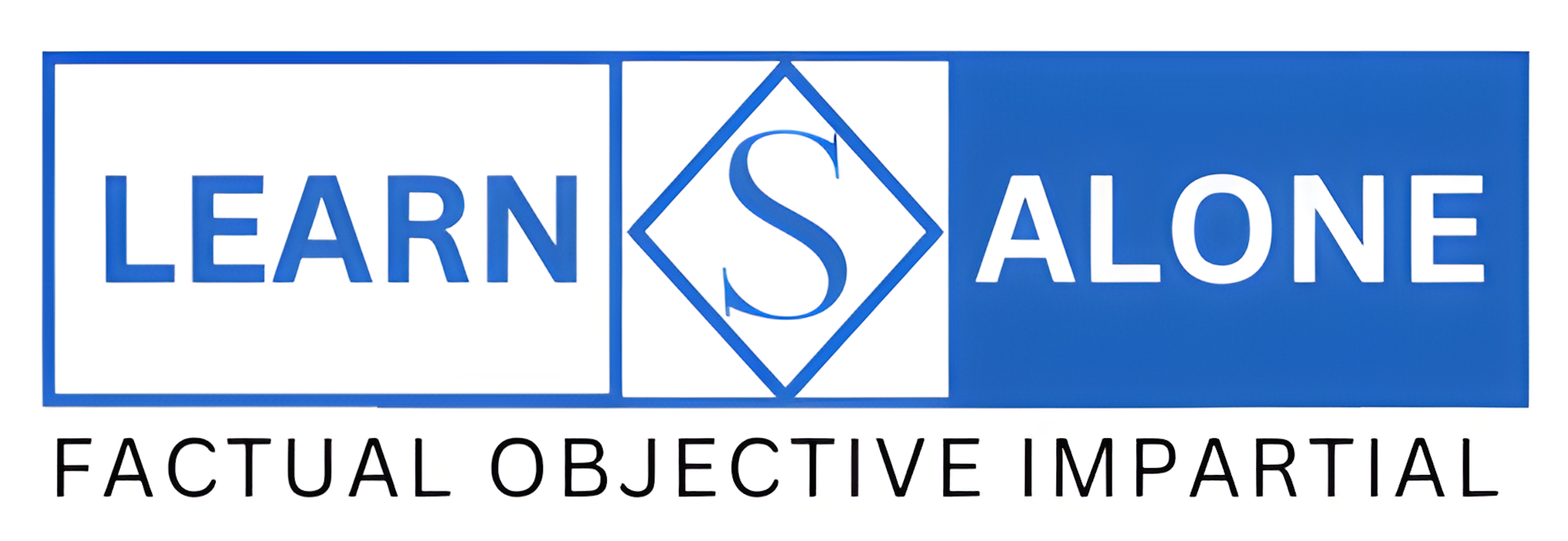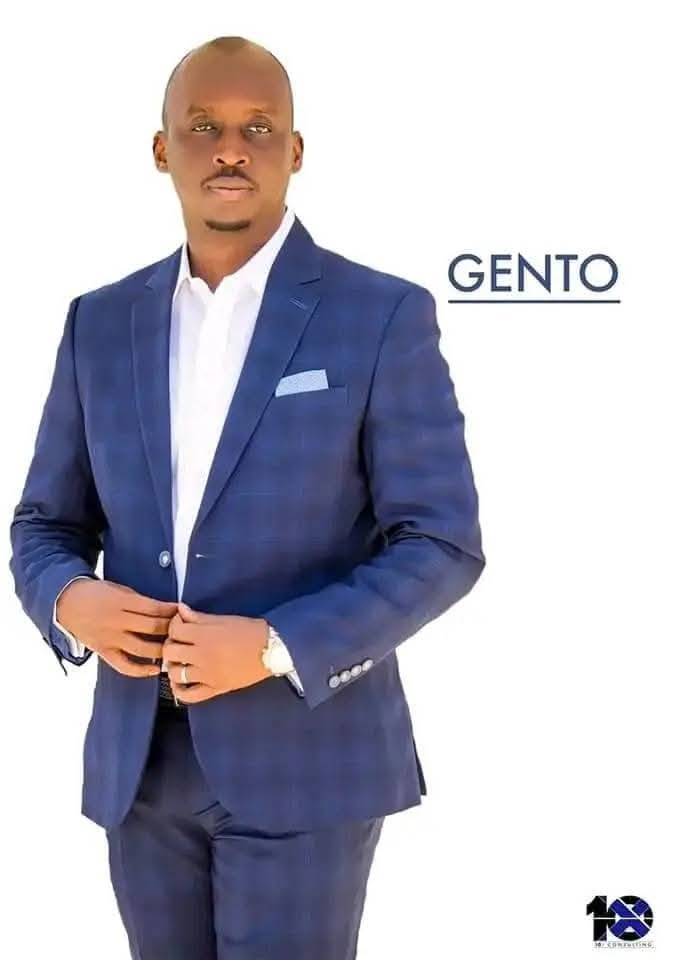By Edward “Dictionary” Caulker
‘Kasafoni’ a name that once echoed with the promise of prosperity now rings with questions of power, land, and ownership. For months, it was at the heart of a bitter dispute between businessman Mohamed Gento Kamara’s Gento Group of Companies and the Government of Sierra Leone.
Then, in a surprising twist, the man at the centre of it all walked into the Attorney General’s office on August 28, 2025, and declared that Kasafoni was “no longer in dispute.” Just like that, Gento relinquished the contested land to the Government.
But beneath the handshake and patriotic speeches, Sierra Leoneans are asking: Was this truly a resolution in the national interest, or a quiet bra & borbor biznes; a gentleman’s settlement between power and privilege?
The Kasafoni iron ore deposit stretches across Dansogoia, Sambaia, and Diang Chiefdoms in Tonkolili and Koinadugu districts. Paramount Chiefs in all three areas had formally leased the land to Gento’s company, arguing that his 100% Sierra Leonean-owned enterprise offered an alternative to decades of foreign exploitation. In their letter to the Ministry of Mines, the chiefs declared:
“As custodians of the land, together with the landowners, we have unanimously agreed to lease the Kasafoni area to the Gento Group.”
Their decision was rooted in bitter memories; mass layoffs by foreign firms like Koidu Holdings, unfulfilled promises of development, and a cycle of exploitation that left communities poorer than before.
The Government, however, disagreed. Through the Sierra Leone Mines and Minerals Development and Management Corporation (SLMMDMC), officials claimed Kasafoni fell under its jurisdiction by virtue of Statutory Instrument No. 11 of 2024. Gentoo’s lease, they said, was invalid.
This clash between community consent and state power quickly escalated into a national debate about land, law, and sovereignty.
At the heart of the matter were Sierra Leone’s new land and mining laws. The Mines and Minerals Development Act (2022) and the Customary Land Rights Act (2022) both give weight to community consent in land-use agreements. Chiefs and landowners insisted their lease with Gento respected those provisions.
Civil society activists warned that the Government’s approach undermined these hard-won reforms.
“This is not just about Kasafoni,” one activist cautioned. “It’s about whether rural communities truly own their land or remain vulnerable to state overreach.”
In June 2025, the Paramount Chiefs filed a historic petition in Parliament—Sierra Leone’s first land-rights petition since the civil war—challenging the state’s exclusive claims. But hopes were dashed when the Public Petitions Committee delayed deliberations after instructions reportedly came from the Chief Minister’s office. Many saw this as a deliberate attempt to silence community voices.
Then came August, and Gento’s announcement. Flanked by Government officials, he declared that he was ceding Kasafoni to “allow the Government to negotiate with potential investors.” He portrayed his decision as an act of patriotism, adding that his company would support major infrastructure projects like a standard-gauge railway to connect Kasafoni to Banana Island Port.
Finance Minister Sheku Ahmed Fantamadi Bangura quickly hailed the move as “patriotic and timely.”
But not everyone is convinced. To many, Gento’s language; referring to the President as his “Bra” and himself as the “Borbor” suggested a cozy compromise rather than a genuine legal resolution. Was this about national interest, or simply a strategic retreat to preserve relationships at the top?
Despite Gento’s concession, tensions in the chiefdoms remain raw. In Diang, protests erupted when a Government delegation visited to negotiate a separate deal. Landowners accused officials of side lining families who had signed leases with Gento.
Meanwhile, whispers of a $300 million agreement with Chinese investors fuel suspicions. The deal, yet to be formally disclosed, has raised concerns about transparency, corruption, and the return of the same foreign dominance that communities hoped to escape.
Legal analysts warn that the existence of two competing agreements one community-backed, one state-imposed could still lead to a courtroom showdown. Worse, it threatens to undermine confidence in Sierra Leone’s land reform agenda.
For now, the Government has declared Kasafoni “resolved.” Yet the deeper questions remain unresolved. Whose land is it really? Can Sierra Leone balance state control of resources with the rights of indigenous communities? And was Gento’s handover an act of patriotism, or a calculated move to protect political and business ties?
Kasafoni has become more than a mine. It is a mirror reflecting Sierra Leone’s struggle with governance, accountability, and justice. Whether it will be remembered as a blueprint for equitable development or a cautionary tale of exclusion and power-broking remains to be seen.
As Sierra Leoneans say, na after party go show who dat na d real owner of d dance.



